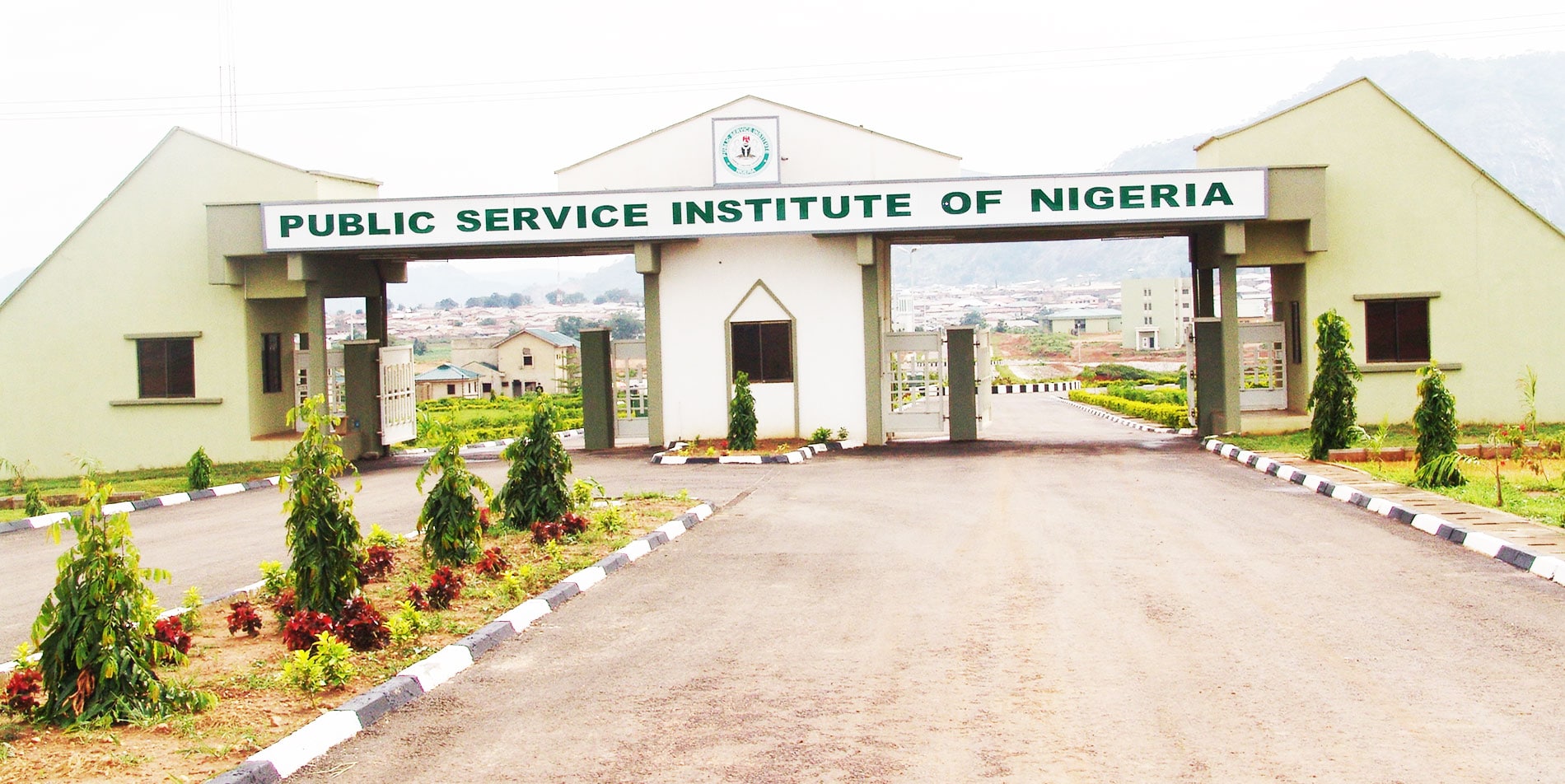FG, PSIN to partner on deepening fiscal transparency in states
He explained that the Technical Assistance component of the programme requires implementing agencies and partners to deliver capacity building to states

Public Service Institute of Nigeria (PSIN)
The Federal Government of Nigeria and the Public Service Institute of Nigeria (PSIN) are to partner on strengthening fiscal transparency and accountability in the states under the FGN/World Bank-Assisted States Fiscal Transparency Accountability and Sustainability (SFTAS) Programme for Results.
The SFTAS National Programme Coordinator, Mr. Stephen Okon stated this Wednesday in Abuja at a 4-day Pilot workshop for curriculum development on Public Financial Management and Open Government Principles organized by the PSIN in collaboration with the West Africa Institute for Financial and Economic Management (WAIFEM).
- Fight against bandits, kidnappers: Gov Sule lauds security agencies
- Tony Raven: Why executives should attend TEXEM’s forthcoming programme in UK
Mr. Okon observed that strengthening fiscal transparency and accountability at the States level through the SFTAS Programme for Results would go a long way in ensuring good fiscal governance for the sustainable development of the Nigerian economy.
He explained that the Technical Assistance component of the programme requires implementing agencies and partners to deliver capacity building to states on the Disbursement Linked Indicators so that they could be supported to achieve results, which attract handsome financial benefits to the successful states.
The NPC further disclosed that besides PSIN, other implementing agencies and partners include the Office of the Auditor General of the Federation (OAuGF), Debt Management Office (DMO), Nigeria Governors’ Forum (NGF) and the Open Government Partnership (OGP).
In his remarks earlier, the Administrator of the Institute, Dr. Abdulganiyu Obatoyinbo explained that under the SFTAS Programme, PSIN was assigned the mandate to provide capacity building to the states in six core areas namely: improved financial reporting and budget reliability; increased openness and citizens’ engagement in the budget process; improved cash management and reduced revenue leakages through the implementation of state TSA; strengthened internally generated revenue collection; biometric registration and bank verification number used to reduce payroll fraud and improved procurement practices for increased transparency and value for money.
